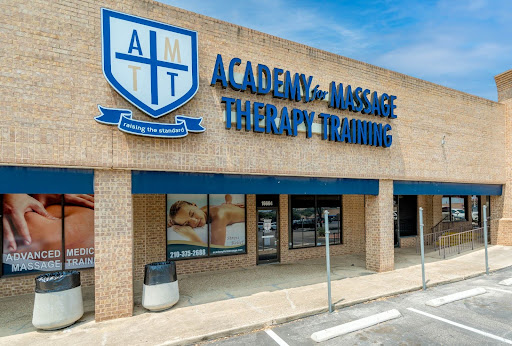In recent years, the field of massage therapy has gained significant recognition for its holistic approach to health and wellness. With the rise of online resources and tutorials, many individuals are tempted to pursue self-study as an alternative to enrolling in formal schools for massage therapy training. While self-study offers flexibility and convenience, there are compelling reasons why opting for structured education in a massage therapy school surpasses the benefits of learning through online resources alone.
Comprehensive Curriculum
Massage therapy schools offer structured curriculums designed by experienced professionals in the field. These curriculums cover a wide range of topics, including anatomy, physiology, massage techniques, ethics, and business management. Such comprehensive coverage ensures that students receive a well-rounded education that prepares them for the diverse demands of the profession. Online resources may lack the depth and breadth of a formal curriculum, leaving gaps in knowledge and skill development.
Hands-On Training
One of the most significant advantages of enrolling in a massage therapy school is the opportunity for hands-on training. In a classroom setting, students have access to experienced instructors who provide real-time feedback and guidance as they practice massage techniques on peers and clients. This hands-on experience is invaluable for developing proficiency and confidence in performing various massage modalities safely and effectively. In contrast, self-study through online resources may offer theoretical knowledge but lacks the crucial component of practical application.
Personalized Instruction
Massage therapy schools often employ qualified instructors who are experts in their field. These instructors can provide personalized instruction tailored to the individual learning needs of each student. Whether it’s addressing specific challenges in technique or offering guidance on career development, having access to experienced mentors can significantly enhance the learning experience. Online resources, while informative, cannot replicate the personalized guidance and support offered by experienced instructors in a classroom setting.
Networking Opportunities
Enrolling in a massage therapy school provides students with valuable networking opportunities within the industry. Through interactions with classmates, instructors, and guest speakers, students can build connections that may lead to job opportunities, mentorship, and professional development. Additionally, many massage therapy schools facilitate externships or clinical placements where students can gain real-world experience and forge relationships with potential employers. Networking opportunities are limited when pursuing self-study through online resources, potentially hindering career advancement.
Ethical and Professional Standards
Formal massage therapy schools emphasize the importance of upholding ethical and professional standards within the profession. Students learn about boundaries, confidentiality, client consent, and cultural sensitivity, ensuring that they practice massage therapy ethically and responsibly. Additionally, massage therapy schools often provide instruction on business practices, including marketing, client communication, and record-keeping, equipping students with the skills they need to succeed as independent practitioners or employees in a variety of settings. Understanding and adhering to ethical and professional standards is crucial for building trust with clients and maintaining a reputable practice, a component often overlooked in self-study through online resources.
Access to Resources and Facilities
Massage therapy schools typically offer access to specialized resources and facilities that enhance the learning experience. These may include fully-equipped massage clinics where students can practice under supervision, libraries with extensive collections of textbooks and research materials, and state-of-the-art equipment such as massage tables and therapeutic tools. Moreover, schools often provide additional resources such as guest lectures, workshops, and continuing education opportunities to enrich students’ knowledge and skills beyond the classroom. Such access to resources and facilities is essential for fostering a supportive learning environment that encourages growth and development, a benefit that cannot be fully replicated through self-study using online resources alone.
In conclusion, while self-study using online resources offers flexibility and convenience, enrolling in formal schools for massage therapy training provides numerous advantages that cannot be replicated through independent learning. From comprehensive curriculums and hands-on training to personalized instruction, networking opportunities, and credentialing, massage therapy schools offer a holistic educational experience that prepares students for success in a competitive industry. Ultimately, investing in formal education at a reputable massage therapy school like the Academy For Massage Therapy Training is a wise choice for those aspiring to become skilled and knowledgeable massage therapists.






